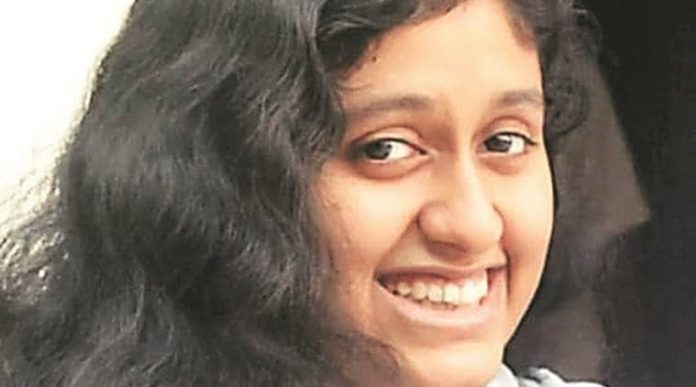Radiance News Service
Nov. 9, 2023
Fathima Latheef was a first-year student at IIT-Madras, who committed suicide on Nov. 9th, 2020. She was a first-year Master’s student of Humanities and Development Studies (Integrated Course) at the prestigious institution, one which has seen countless suicides over the years, an aspect it shares with fellow elite institutions, like IIT-Bombay, or coaching institutions like Kota. Latheef’s suicide, which students called “institutional murder” due to the structural and institutional causes that are often shrouded in the name of the suicide, like in the Rohith Vemula case, led to protests and solidarity programmes across the country.
Hailing from Kilikolloor, Kollam in Kerala, Latheef’s suicide was not even the first suicide in the institution that year. While no paper suicide note was found, a note on her mobile phone mentioned some faculty names as the cause of her death. She had previously talked about being harassed by the professor she had blamed in her notes. The screenshot had said: “Sudarshan Padmanabhan is the cause of my death. P.S. Check Samsung notes.”
Back then in 2019, her father Abdul Latheef held a press conference and sought a fair probe, expressing concerns about the way the case was handled by IIT authorities. He also alleged that Fathima was being harassed because she was a Muslim and said the family wanted authorities to “probe the case from this angle”.
Two days before her death, she told her father, who was working in Saudi Arabia at the time, through video chat that her name revealed her Muslim origin, which her mother was worried about. “My name itself is the problem, vappichi (father)” she had said.
The CBI case was finally closed with no resolution, with the premier investigating agency finding no concrete evidence against Padmanabhan.
Many such cases of institutional discrimination have occurred over the years, especially in IITs and other centres of excellence such as JNU, HCU, etc. In the second half of 2023 itself, IIT Delhi has witnessed the suicides of two Dalit students. While many student organisations have over the years demanded some institutional redressal framework against discrimination, dubbed the “Rohith Act” after Rohith Vemula, nothing concrete has ever materialised in any major institution.




